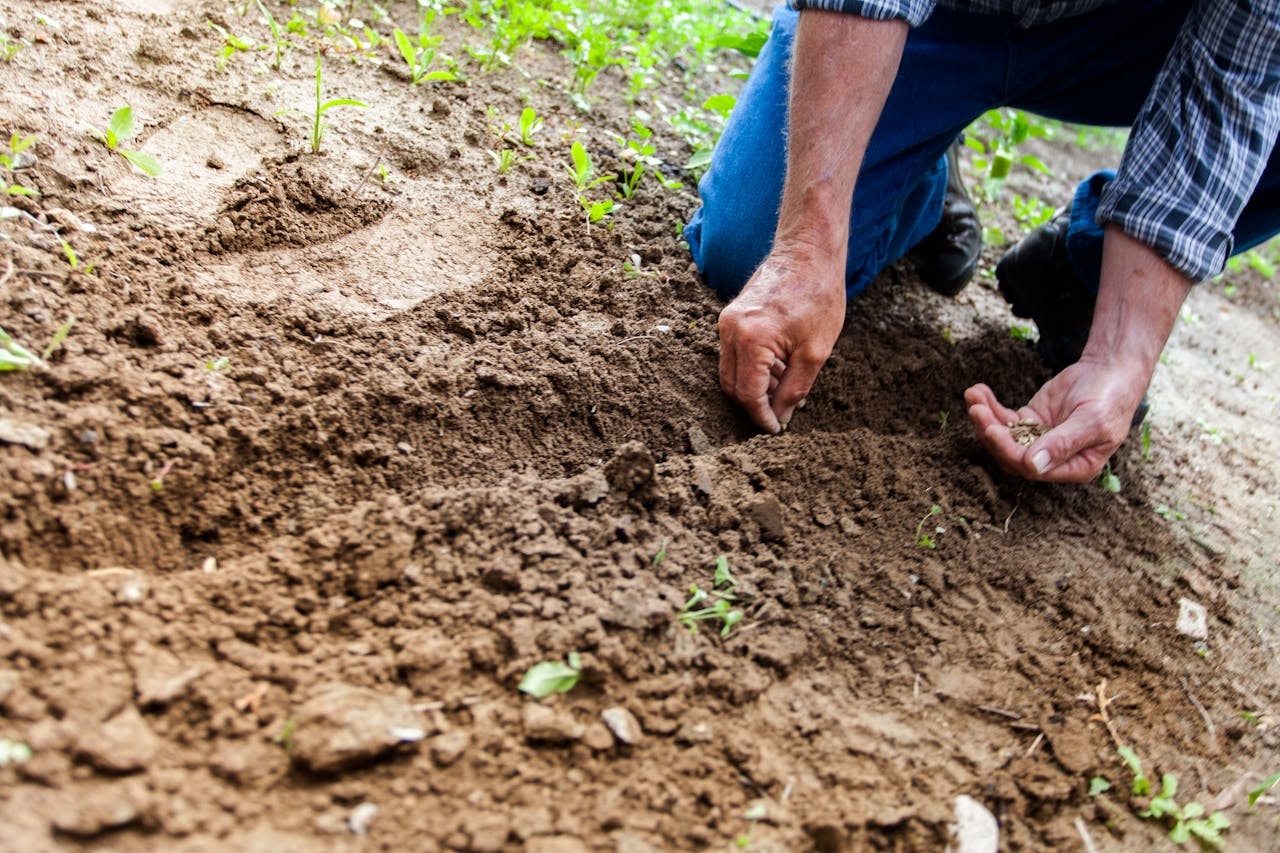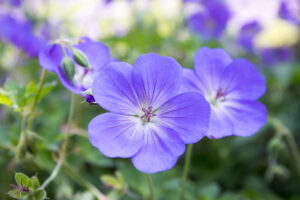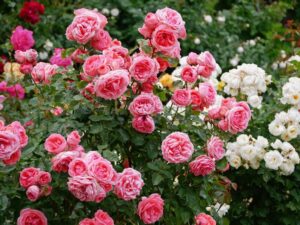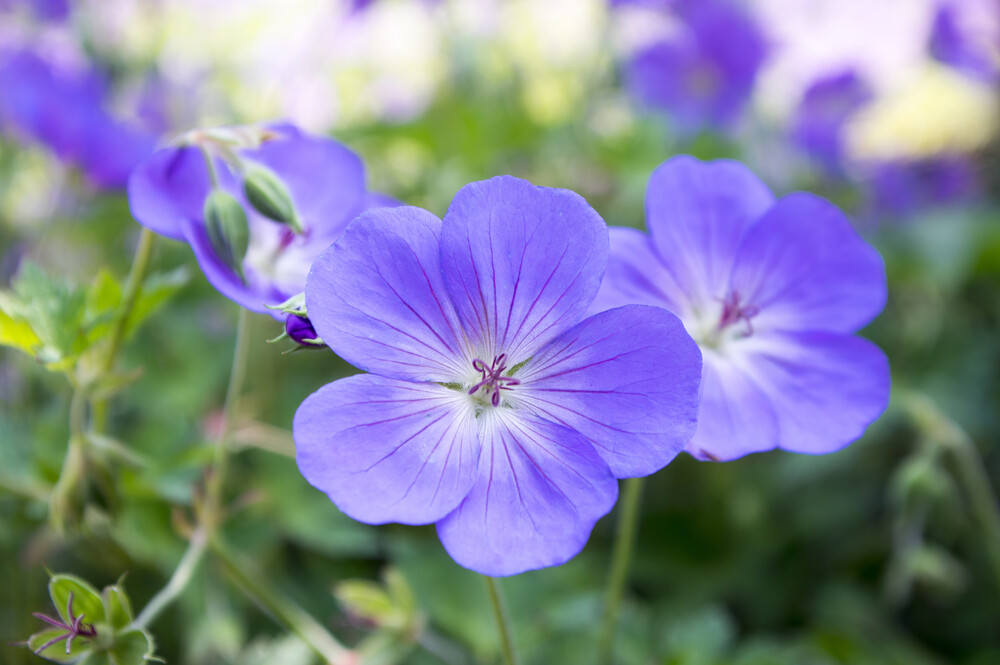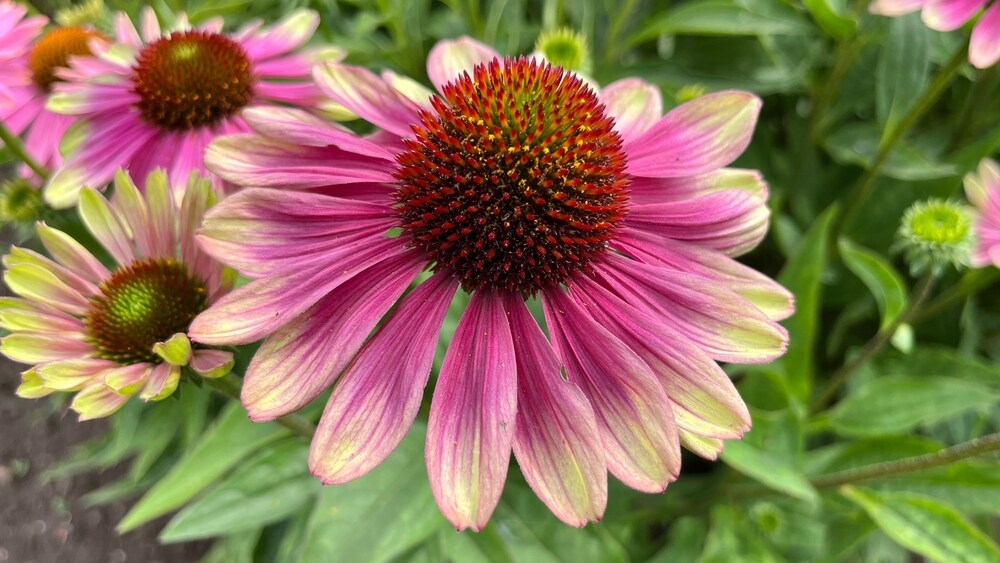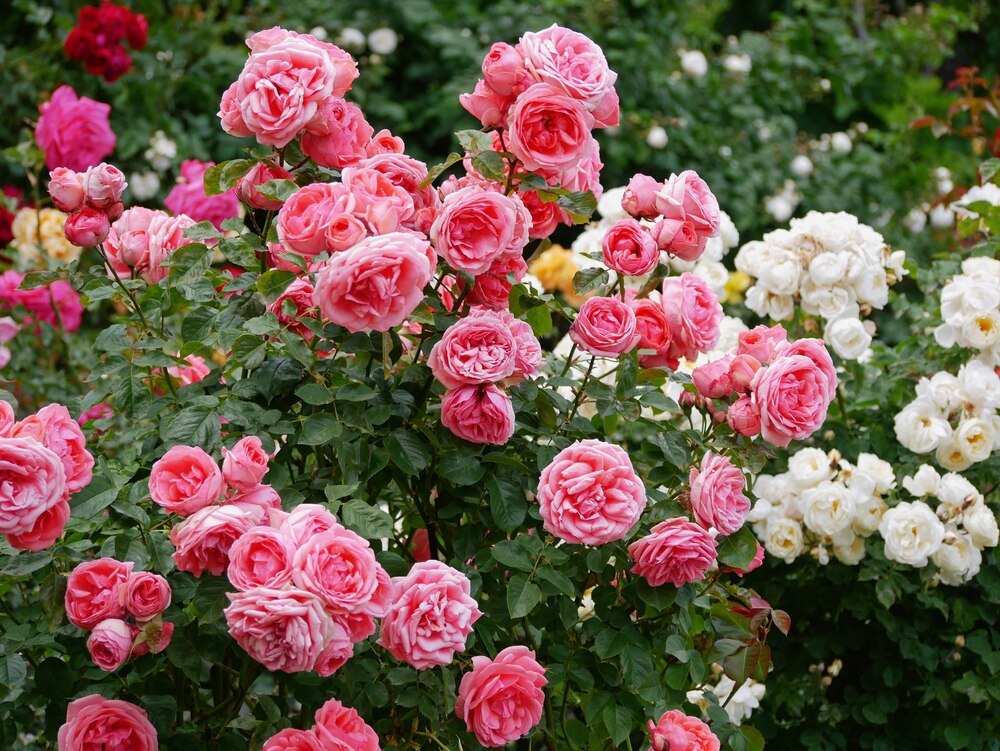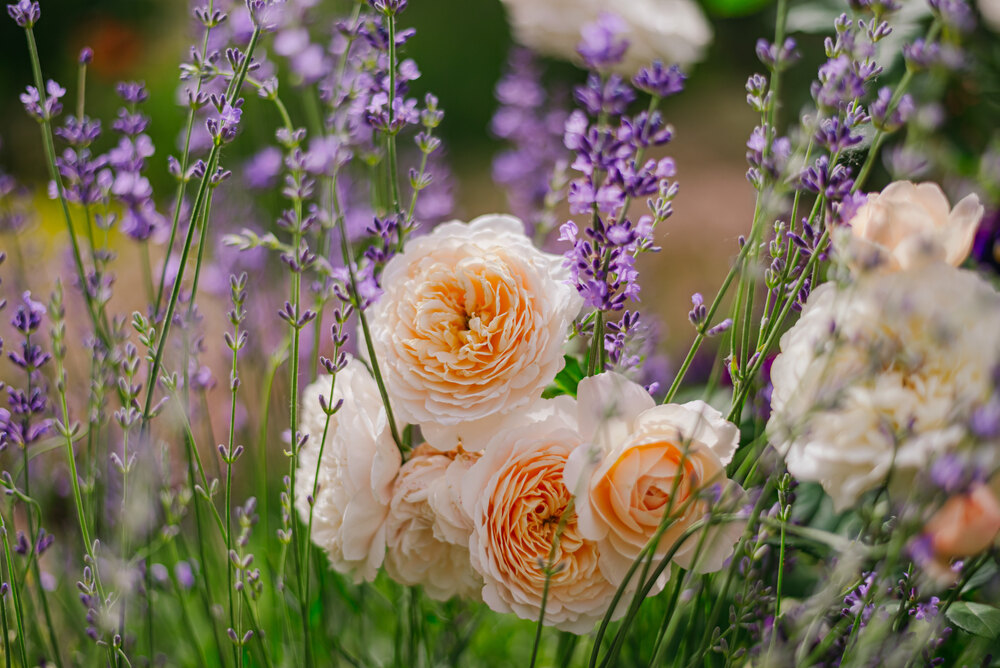Monty Don is a household name in the UK, known as the beloved presenter of the BBC’s “Gardeners’ World” and a prominent figure in the gardening world for over two decades. His soft voice, relaxed demeanor, and passionate advocacy for organic gardening have earned him a loyal fan base, and his presence on TV has inspired many to pick up a trowel and start gardening. However, despite his immense popularity, Monty Don is not without controversy. He has been criticized for his views on certain gardening practices, the overwhelming focus on his persona on “Gardeners’ World,” and even the seemingly unapproachable nature of his own garden at Longmeadow.
In this article, we will delve into the reasons why Monty Don is both celebrated and critiqued, examining the divisive opinions surrounding his approach to gardening, the show “Gardeners’ World,” and his influence on the wider gardening community. Is Monty Don a champion of sustainable gardening, or does his approach create unrealistic expectations for the average UK gardener? This question lies at the heart of the debate.
Monty Don’s Rise to Fame: A Gardening Icon
To understand why Monty Don has become such a polarizing figure, we must first acknowledge his impact on gardening in the UK. Monty Don began his career not as a gardener, but as a jewelry designer and writer. It wasn’t until the 1990s that he shifted his focus to gardening, and by the early 2000s, he had become a prominent face on British television. In 2003, Don became the lead presenter of “Gardeners’ World,” a role he left in 2008 due to health issues but resumed in 2011.
During his tenure, Monty Don has become the epitome of calm, traditional gardening, often seen wandering through his beautiful garden at Longmeadow, dispensing advice and sharing his thoughts on various gardening topics. His gardening philosophy, which emphasizes organic methods, sustainability, and working with nature, has struck a chord with many viewers who are concerned about the environment and want to adopt more eco-friendly practices in their own gardens.
However, Monty Don’s influence is not without its detractors. Some see him as an embodiment of elitism in the gardening world, with criticisms often leveled at the way “Gardeners’ World” focuses heavily on Longmeadow—Don’s private garden—at the expense of showcasing a broader diversity of gardens across the UK. There are also critiques of his sometimes rigid views on gardening practices, which can alienate gardeners with different approaches or resources.
The Longmeadow Dilemma: Beauty or Unattainable Ideal?
One of the primary criticisms of Monty Don is the heavy focus on his own garden, Longmeadow, in “Gardeners’ World.” While many viewers enjoy watching Monty potter around his stunning 2-acre garden, complete with its organized borders, tranquil water features, and lush plantings, others argue that this focus perpetuates an unrealistic standard of gardening that is unattainable for most.
Longmeadow, for all its beauty, is not a typical UK garden. The vast majority of British gardeners work with much smaller plots, often in urban or suburban settings. These gardeners may not have the space, time, or resources to create a garden as expansive or meticulously maintained as Longmeadow. This has led to accusations that “Gardeners’ World,” under Monty Don’s leadership, has become disconnected from the everyday realities of UK gardeners.
A 2019 report from the National Garden Scheme revealed that the average garden size in the UK is shrinking, with many urban dwellers now having access to gardens as small as 50 square meters or less. For these gardeners, the kind of large-scale projects Monty Don frequently undertakes at Longmeadow—such as installing elaborate water features or creating extensive planting schemes—can feel irrelevant and discouraging.
Supporters of Longmeadow
On the other hand, Monty Don’s supporters argue that Longmeadow is an aspirational space that serves to inspire viewers, rather than provide a literal blueprint for their own gardens. They point out that Monty frequently discusses small-scale projects and offers tips for container gardening, making his advice applicable even to those with limited space. Furthermore, Longmeadow is seen by many as a showcase of best practices in organic gardening, demonstrating the beauty and resilience of a garden designed to work with nature rather than against it.
Additionally, “Gardeners’ World” does feature other gardens on occasion, including smaller urban spaces, community gardens, and even windowsill gardening projects. Supporters of Monty Don argue that his critics are overly focused on the limitations of Longmeadow as a representative garden and overlook the broader range of content the show provides.
The Organic Debate: Is Monty Don’s Approach Too Rigid?
Another contentious issue surrounding Monty Don is his staunch advocacy for organic gardening. Don has been a vocal proponent of organic methods throughout his career, eschewing chemical fertilizers, pesticides, and herbicides in favor of natural alternatives. This commitment to organic gardening aligns with the broader environmental movement and has garnered widespread praise, particularly as awareness of the impact of synthetic chemicals on the environment grows.
However, some gardeners feel that Monty Don’s approach to organic gardening is too rigid and lacks nuance. While organic methods can be effective and beneficial in many situations, there are instances where non-organic interventions may be necessary or even more practical. For example, in the case of invasive pests or diseases that threaten to decimate a garden, some gardeners may feel that limited use of chemical treatments is justified to preserve their plants and crops.
Don’s insistence on strict adherence to organic principles has led to accusations of “gardening elitism.” Critics argue that Monty Don’s approach is not feasible for everyone, particularly for novice gardeners or those with limited time and resources. For some, the idea of meticulously composting, companion planting, and using organic pest deterrents can seem overwhelming, leading to a sense of guilt or inadequacy if they are unable to adhere to these ideals.
The Challenge of Organic Gardening in the UK
Organic gardening can also be particularly challenging in the UK due to the country’s climate and soil conditions. The UK’s damp, cool weather creates an ideal environment for slugs, snails, and fungal diseases, making pest and disease control a constant battle for many gardeners. While Monty Don’s organic methods may work well in the sheltered, managed environment of Longmeadow, they may not be as effective in other regions of the UK, where conditions are less favorable.
Some critics have called for a more balanced approach to gardening that recognizes the complexities of different growing conditions and the challenges that come with them. They argue that “Gardeners’ World” should provide viewers with a wider range of solutions, including both organic and non-organic options, to empower gardeners to make informed choices based on their individual circumstances.
Monty Don’s Influence on the Gardening World: Positive or Problematic?
There’s no denying that Monty Don has had a profound impact on gardening culture in the UK. His books, TV shows, and social media presence have inspired a new generation of gardeners and contributed to the growing popularity of organic, sustainable gardening practices. His advocacy for mental health through gardening has also resonated with many, particularly during the COVID-19 pandemic, when gardens became a refuge for people coping with anxiety, isolation, and uncertainty.
However, Monty Don’s influence has also raised concerns about the homogenization of gardening culture. As one of the most visible figures in the gardening world, Don’s preferences and practices have become the dominant narrative in British gardening media. Some critics argue that this concentration of influence stifles diversity in gardening styles and voices, particularly from underrepresented communities and regions.
The Lack of Diversity in “Gardeners’ World”
One of the recurring criticisms of “Gardeners’ World” during Monty Don’s tenure as presenter has been the lack of diversity—both in terms of the gardens featured on the show and the people who present them. While “Gardeners’ World” occasionally features gardens from different parts of the UK and a range of gardening styles, the majority of the episodes are still focused on Longmeadow and the core team of presenters, who are predominantly white and middle-class.
This lack of diversity has led to accusations that “Gardeners’ World” does not reflect the true diversity of British gardeners or gardens. The UK is home to a wide range of gardening traditions and cultures, from the Caribbean allotments of London to the community gardens of Manchester’s immigrant neighborhoods. Yet, these gardens and the people who tend them are rarely seen on mainstream gardening programs.
In response to these criticisms, Monty Don has acknowledged the need for greater diversity in gardening media. In 2020, he spoke out in favor of more diverse representation on “Gardeners’ World” and encouraged the BBC to feature a wider range of voices. Since then, the show has made efforts to be more inclusive, featuring more gardens from different cultural and geographical backgrounds. However, for some critics, these changes have been too slow and insufficient.
Monty Don and Social Media: A Double-Edged Sword
Monty Don has also become a prominent figure on social media, where he shares updates from Longmeadow, interacts with fans, and offers gardening advice. His social media presence has expanded his influence beyond television and books, allowing him to reach a global audience of gardeners.
However, social media has also amplified some of the criticisms of Monty Don. The curated images of Longmeadow that Don posts on platforms like Instagram can contribute to a sense of gardening perfectionism, where anything less than a perfectly maintained garden is seen as a failure. This pressure to create an Instagram-worthy garden can be discouraging for novice gardeners or those with limited time and resources.
Additionally, Monty Don’s social media presence has occasionally sparked controversy. For example, in 2019, Don faced backlash after a tweet in which he criticized the practice of keeping lawns green during droughts, urging gardeners to let their lawns go brown instead. While Don’s advice was rooted in environmental sustainability, some followers felt that his comments were out of touch with the realities faced by gardeners who rely on their lawns for recreational purposes or who live in areas where brown lawns are not socially acceptable.
Monty Don’s Legacy—Inspiration or Elitism?
Monty Don’s legacy in the world of gardening is complex. On one hand, he has inspired countless people to take up gardening, promoted sustainable practices, and advocated for the mental health benefits of working with nature. His books and television shows have become essential resources for gardeners across the UK and beyond, and his calm, thoughtful approach to gardening has made him a beloved figure for many.
On the other hand, Monty Don’s dominance in the gardening world has sparked legitimate criticisms. The focus on Longmeadow and his sometimes rigid views on organic gardening can create unrealistic expectations for everyday gardeners, while the lack of diversity on “Gardeners’ World” has highlighted the need for a broader range of voices and gardening styles in mainstream media.
Ultimately, whether Monty Don is seen as a gardening hero or a polarizing figure depends on one’s perspective. For many, he remains a source of inspiration and guidance, a reassuring presence in the ever-changing world of gardening. For others, he represents an outdated and narrow view of what gardening should be, one that does not reflect the diversity and complexity of the UK’s gardening community.
As the gardening world continues to evolve, Monty Don’s influence will undoubtedly remain strong. The challenge for the future will be finding ways to embrace a wider range of gardening practices, voices, and ideas—while still appreciating the contributions of those, like Monty Don, who have shaped the gardening landscape as we know it.
